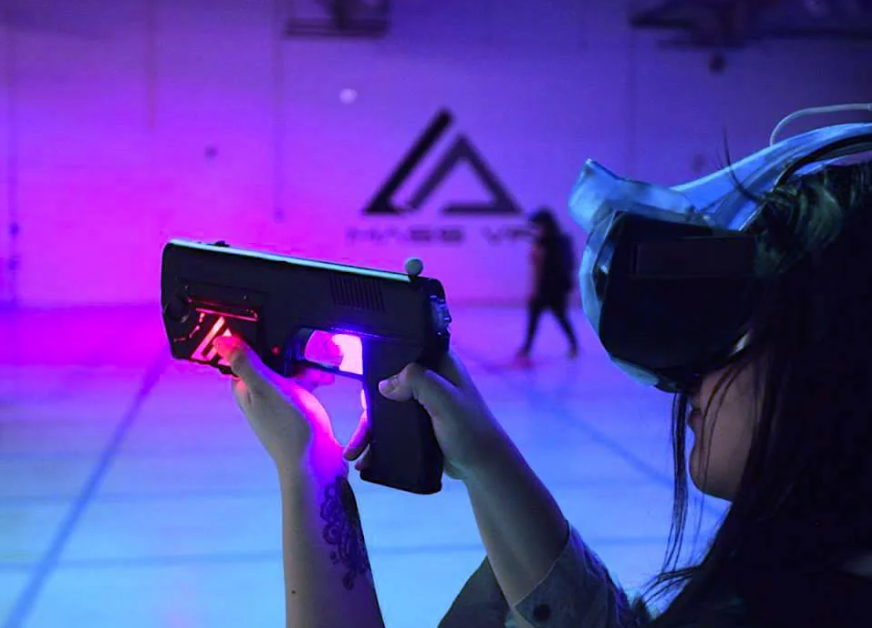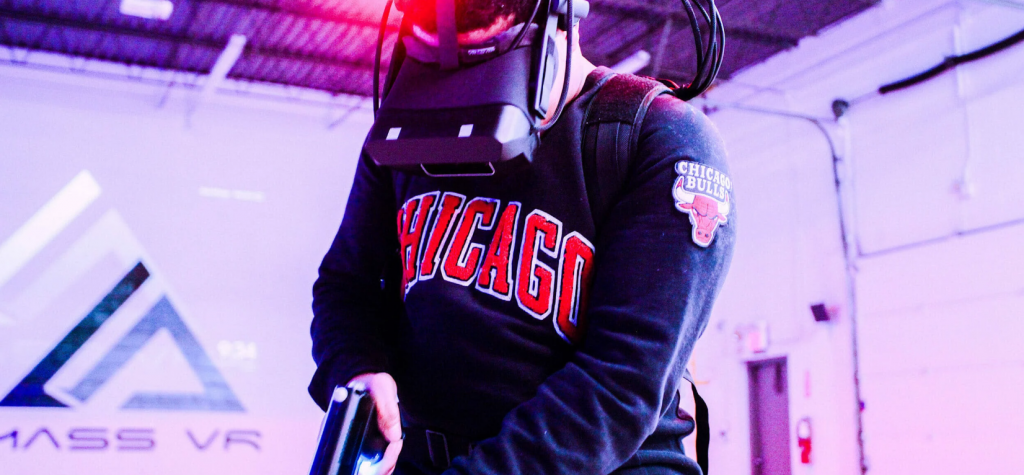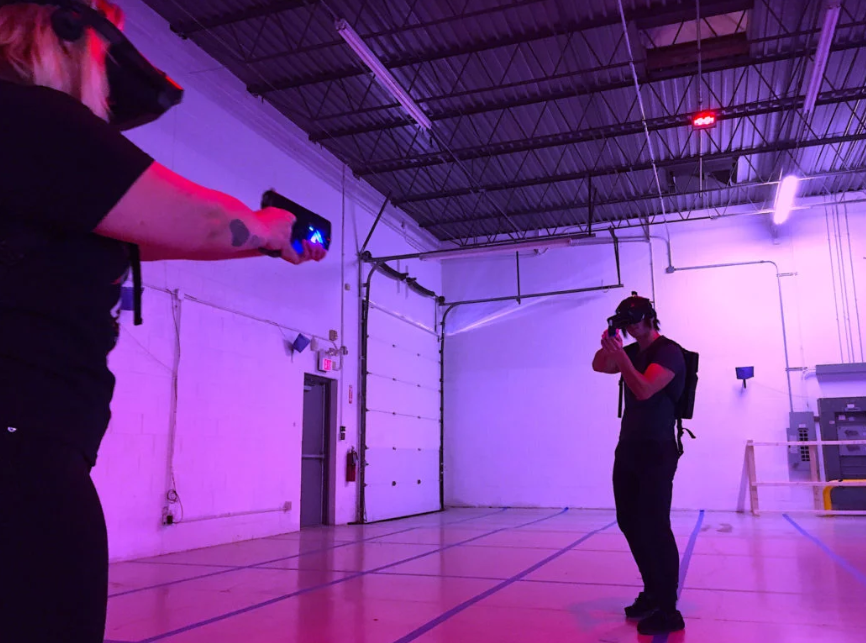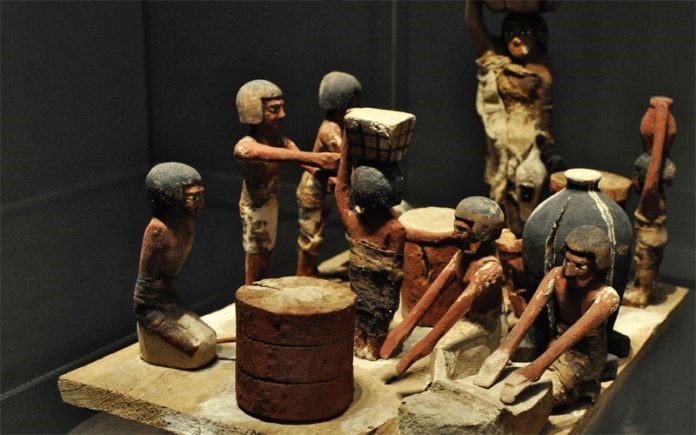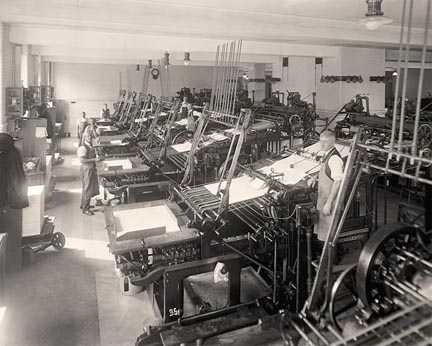Founded in 2016 by Chris Lai, 42, MassVR unveiled its first VR arena earlier this year. While in undergrad at the University of Illinois Urbana-Champaign in the mid- ’90s, he started his first, a game company– the employees of which have since gone on to work on major gaming titles such as Halo and Deus Ex.
To an observer, it may just look like I’m walking, albeit a bit awkwardly, but from my perspective, I’m falling through the air, as gunfire erupts around me. As I take in my surroundings– a futuristic space compound, ripped from the pages of a comic book– it’s easy to forget that back in reality, I’m just standing in the middle of a 6000-foot warehouse, as unassuming as any other on the northwest side of Chicago.
” They always manage to stop themselves,” says Roy.
” Gaming has always been a passion of mine, and MassVR has an incredible opportunity to bring something exciting and new into the world,” Lai tells the Daily Dot.
Lai concedes that the small team of eight programmers and designers behind MassVR isn’t completely satisfied with all the details of the system. “Our goal is to build the best user experience, no matter what technology we need to use to achieve that,” he says. “Right now we are using Oculus, but if there is something else on the market that suits the experience better, we are going to move in that direction.”
For one thing, the integrated audio has room for improvement. The system does not yet split communications between teams, so it was just a lot of incoherent nonsense being blasted into one’s ear.
I’m cautiously optimistic that this is the advancement in gameplay that Virtual Reality needs. While large-scale arenas like MassVR might only be one piece of that gigantic number going forward, it’s time to stop thinking of virtual reality as a solo endeavor played in our crowded one-bedroom apartments where we don’t have space to run. Perhaps we need the gestalt of an arena to realize VR’s full potential.
When pressed for what else is still to come, Roy teases: “Our next game is going to be puzzle-solving/strategy based,” not unlike the rash of pop-up escape rooms that have been so popular the last couple of years. “We want to develop titles that will appeal to a variety of interests.”
VR Champions– a first-person shooter simulation– is the first game the company has released for its proprietary platform. MassVR’s vision is bigger than just this warehouse. Since our interview, the company is months away from launching two new locations, the largest of the pair being a 40,000 square foot facility with four separate arenas, observation decks for audiences to watch; and is unveiling a tournament with a $10,000 cash prize– making virtual reality worthy of being a true spectator sport.
One of the ways MassVR’s system accomplishes this is with what the developers call, “Ghost Mode”– a way of relaying where other players are in the room, even if their avatar is on a different level of the compound. “The other experiences, like the Void and Zero Latency, are versus the environment– you can’t play against the people around you,” continues Kendall Roy, who manages the team’s day-to-day operations.
The all-in-one prop gun is MassVR’s real crowning achievement. Roy is tight-lipped about many of the device’s specs, but she did say that during early rounds of research and development in late 2016, the developers realized the need to custom build their own, for the sake of the game. “The ones we tried were either too heavy,” she says, handing me a rifle, “that are impossible to use during longer sessions of gameplay, or just couldn’t keep up with the demands we were putting on it.”
And to be sure, Mass VR isn’t without its shortcomings.
You might be in luck if you’re in the camp of individuals still waiting for an immersive warehouse-scale virtual reality experience to open at a location near you. They’ve already been in talks with potential operators internationally.
VR Champions– a single-terrain, single-objective game– is the only one available for the platform. If MassVR hopes to accomplish its goal of distinguishing itself from other grand-scale VR projects, like the aforementioned Zero Latency, it will need to create something that doesn’t just “amount to a lot of mindless shooting,” as one reviewer characterized it. The novelty will eventually wear off, and what will make MassVR successful is its ability to move past being merely a novel experience.
The solution might lie in how the company chooses to grow. Lai says plans to open in additional cities are definitely in the pipeline: “We want to build a global network of operators so teams can compete against each other from halfway around the world.” This would allow for a far greater number of players to challenge one another at a time, which could reduce the cost of gameplay, while still protecting profit margins.
Knowing that a piece of the proprietary puzzle that is Mass VR’s tech centers around a modified Oculus Rift, I expected the image quality to be solid, and it delivered. The hardware system is rounded out by a modified MSI VR One backpack and a completely custom-built gun controller.
I’m wearing a VR headset, participating in MassVR’s new ambitious gaming experiment. While based on some of the same technology as the ballyhooed consumer VR releases from Oculus and HTC a couple of years ago, MassVR is a different vision for what the future of VR can be. Think multiplayer VR meets laser tag arena.
While the devs are candid that other “untethered” VR attractions exist, they’re convinced their tech and experience is better. In particular, a company called the Void has made a splash with several attractions around the country based on major movie franchises like Ghostbusters and Star Wars.
” They are a one-time experience. No reason to go back, except to increase your score,” adds Ogar.
I finally lift one foot off the edge of the platform I’m protecting, and in an instant, I’m airborne.
Ogar told me that the programming team is focused on pushing the boundaries of the equipment they have at their disposal. “We’re mostly working on testing our technical abilities– to see what the backpack can do– in terms of visual effects rendering, the sounds, particles, animating textures, adding roughness to the textures, translucency– we are seeing how far we can push the performance-heavy aspects.”
Which brings me to possibly the biggest barrier to MassVR truly reaching the masses: the price tag. For the cost of a combined 15-minutes of play, one could buy several games made for traditional consoles.
“You walk in, and everything is mapped one-to-one to wherever you’re going. We have one room, but it’s mapped to multiple spaces within the game: the roof, the courtyard, the deadzone, etc.”
Wires are dispensed with relative ease, using a basically off-the-shelf VR backpack from MSI. As for worrying about smacking into people and walls, MassVR has done some clever coding– mapping the virtual game to make it easier to navigate the physical arena.
I’m wearing a VR headset, participating in MassVR’s new ambitious gaming experiment. While based on some of the same technology as the ballyhooed consumer VR releases from Oculus and HTC a couple of years ago, MassVR is a different vision for what the future of VR can be. Founded in 2016 by Chris Lai, 42, MassVR unveiled its first VR arena earlier this year. Up until this point, every major VR platform has made the same long-term promise: A VR headset that is completely wireless. If MassVR hopes to accomplish its goal of distinguishing itself from other grand-scale VR projects, like the aforementioned Zero Latency, it will need to create something that doesn’t just “amount to a lot of mindless shooting,” as one reviewer characterized it.
Looking across the courtyard, then down at the precipitous drop below me, I know that if I step off the edge, I won’t really fall. The digital world I’m inhabiting looks real enough to make me hesitant to move forward.
” Go ahead,” a voice probes me. “Take the leap.”
Both Roy and Ogar confess they’ve had miniature heart attacks watching users run full speed across the arena. They say no one has ever sustained an injury.
When players visit MassVR, they create custom profiles that track one’s ongoing stats throughout multiple visits, to show player growth and set the basis for a leaderboard board that competitors aspire to top. Or in my case, for commenters to find delight in my constant yelps of terror while attempting to rocket-pack myself from one level to another.
Up until this point, every major VR platform has made the same long-term promise: A VR headset that is completely wireless. One that would let you go anywhere, both physically and mentally. While we’ve seen progress on this front in recent months from Oculus and HTC, MassVR wants to take virtual reality from being what it has up until now– a glorified Nintendo Wii with a companion headset– to the next phase: an immersive, untethered experience that blurs what is real and what is virtual.
